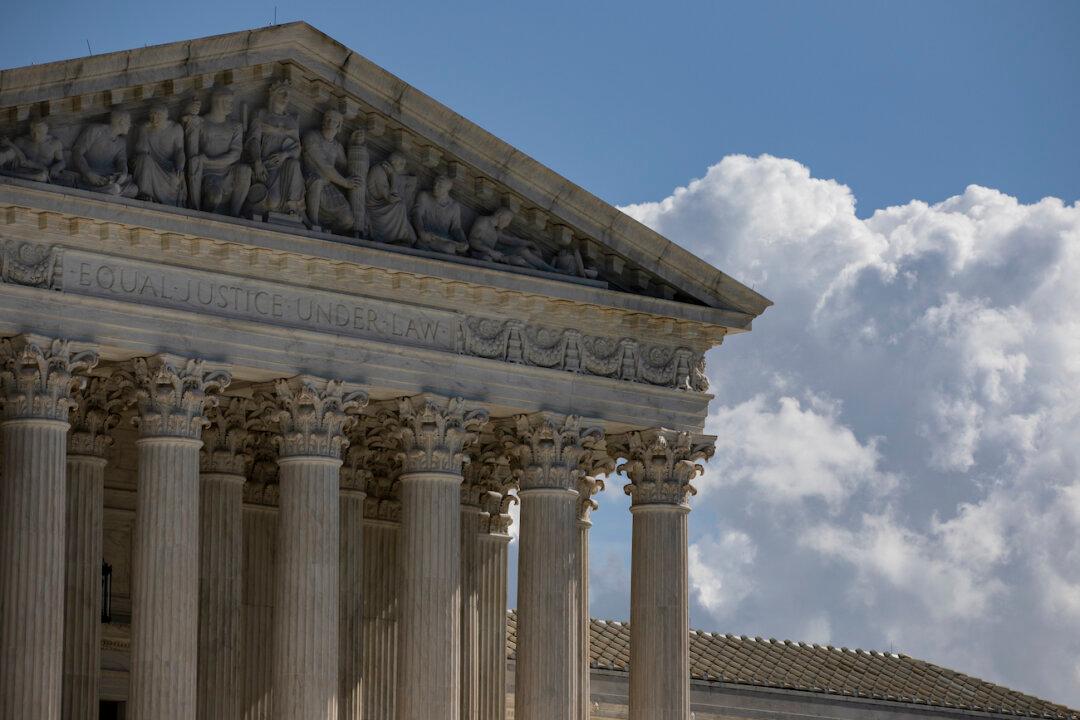The District of Columbia filed a legal brief on behalf of 22 blue states and territories on Dec. 10 opposing a lawsuit request filed with the Supreme Court by the State of Texas, which challenges the election results in four battleground states.
The group represents all but one state with Democratic attorneys general not counting the four defendants: Pennsylvania, Georgia, Michigan, and Wisconsin. The states and territories are: The District of Columbia, California, Colorado, Connecticut, Delaware, Guam, Hawaii, Illinois, Maine, Maryland, Massachusetts, Minnesota, Nevada, New Jersey, New Mexico, New York, North Carolina, Oregon, Rhode Island, Vermont, Virginia, U.S. Virgin Islands, and Washington.





